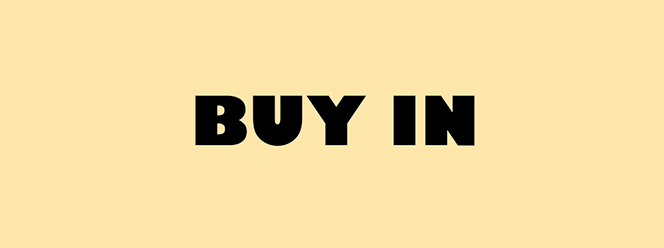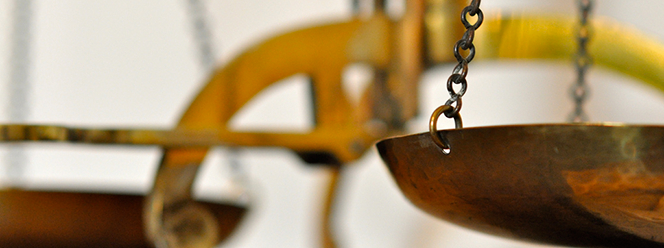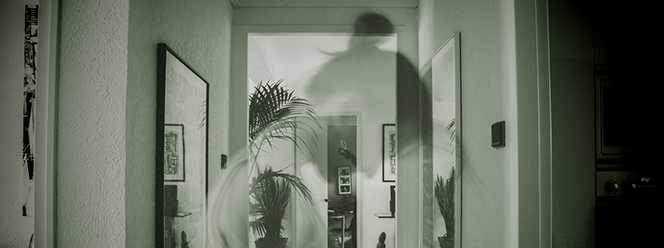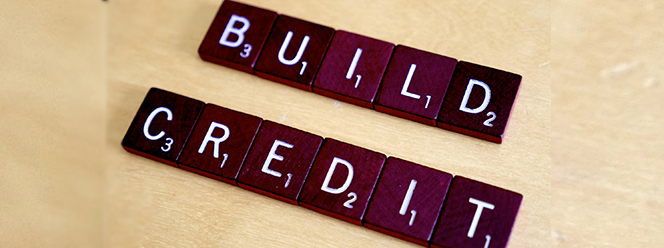
by Tara Joyce | Jul 21, 2017 | Featured, Pay What It's Worth Pricing

Money is a symbol of two basic principles that underlie every process in the physical world: the principle of value, and the principle of giving and receiving. Whether it is our money, our labor, our commitment, or our care—we estimate the value of something by what we are willing to give for it and receive from it. This respect and attention we give to what we value, and how we value it, is a reflection of our self-worth. The lack of respect we give to the things that matter to us—including our bodies and the worth of our labor—is also a reflection of our self-worth. This unconscious lack of respect is our shadow energy around money and self-worth, and commonly manifests itself as the emotions of fear and greed, which are closely tied to our modern relationship with money and wealth. The corruption, materialism, and consumerism of modern society, and the widely disproportionate difference in wealth between the people at the top of the income ladder and the rest of society are all manifestations of our collective money shadow.
Unaware of our personal shadow energy, we have “bought into” the idea that if we can afford an item, it must measure and reflect the inherent value we hold—and if another cannot, they must be worth less and hold less value than we do. Disconnected from our own and others’ true sense of worth, we are losing our intuitive sense of how much to give for the value we receive. Instead, we are building ourselves up with material accumulations, as though they alone are a reflection of our worth and deservedness. What our money shadow does not recognize however is that money is only one type of currency, one type of wealth, and it is not a true measure of our self-worth. Perceiving money as the only and/or most important measure of wealth and self-worth can only leave us feeling unsatisfied. There will always be someone with more money, and thus there will always be someone for us to feel less than. While several psychological studies have revealed that although material security definitely increases our happiness, beyond a certain income level this correlation between income and happiness drops significantly. One reason for this is that a major ingredient of happiness is a sense of sufficiency—of having enough. In a culture where we are trained to consume and to compete and compare, many of us have lost the ability to recognize this feeling of satisfaction. We find ourselves feeling we do not have enough, that we are in lack, and these feelings further trigger our shadow emotions of fear and greed. We find ourselves feeling that we are not enough.
While we may not objectively live in poverty, in essence, our culture lives with a poverty consciousness. Attached to material goods as a symbol of our self-worth, we are now better equipped to feel in lack—to feel we do not have enough and are not enough—than to feel satisfied. This lack of satisfaction, this poverty consciousness, is extremely painful and often manifests in mental habits like criticism, judgment, envy, and anger. Unaware of the pain we are in, and unable to recognize a feeling of satisfaction within our self, we unconsciously invest in scarcity—we acquire for the sake of having more and more, further losing our ability to access our inner feeling of “enough.” Lost in our greed, we endlessly chase the ever-receding prize that is our happiness.
It is not easy to feel whole and satisfied in a collective culture that sells you on your insufficiency. It requires cultivating a conscious awareness of how you behave and how you think. It involves actively looking at your attitudes and imbalances around money, authority, and health. There is a balance to be found between greed and generosity, between trusting in abundance and buying into scarcity. A healthy relationship with physical wealth can be cultivated within yourself.
photo credit: Jimi Filipovski

by Tara Joyce | Dec 1, 2016 | Cultural Creativity

I don’t want to feel this way any more. I don’t want to feel that I am ‘not enough.’ I want to see how wonderful and amazing I am—and how wonderful and amazing you are. It has been far too long that I have bought into the message that you and I are ‘not enough’ as we are.
In response to these feelings, I’ve decided I’m no longer accepting any message, internal or otherwise, that encourages me or anyone else to believe that who or what or why we are is ‘not enough.’ I’m done buying into it. It’s horseshit and it is created out of our polarized culture that thrives on encouraging us to feel separate, alone, and mindlessly focused on consuming in order to fill the void we’ve created together.
Not enough, not enough, not enough. Buy more, get more, perhaps then it’ll be enough.
I’ve decided to become like a superhero, vigilant to the messages that encourage us to feel like we are not good enough as we are. Fuck these messages, and fuck the cutting voice inside me who actually buys into its bullshit. Only I can give any thing the power to make me feel not good enough. Only I can choose to dis-empower myself. It takes my ‘buy in.’ I’ve decided it’s time I own this.
You and I are so much more than we realize—and that is the real truth. The breadth and heights of what we’re capable of is actually what we need to be reminded of—and yet our dominate culture has a different message. It sells us on ways to be more, better, faster. It fearfully sells us on ‘not enough’ in hopes we will buy into its offerings. It needs us to feel less than, in hopes we’ll feel we need it to feel whole. It’s a never-ending co-dependent see-saw we ride, if we allow it.
I’m buying out of ‘not enough.’ For it’s the only way I can see clearly through the noise and to the heart of my self. Doing my work to release this dominant message, I allow myself the ability to rise to any occasion, confident in knowing I am enough as I am.
photo credit: Ron Mader

by Tara Joyce | Nov 1, 2016 | Pay What It's Worth Pricing

Everyone can be your teacher, and everything can be an object of worship.
When you can free yourself from the scales of judgement in your lower mind—where one thing is held in higher virtue than another—in your higher mind, everything has the same value.
In this space, you see the teacher learns from their student, as the student learns from their teacher. In every exchange and in every relationship, there is value to realize.
When you can accept yourself and your true nature, you see this shared value. In acceptance of yourself, you lose the need to rank and weigh, and to judge any thing and any one as better or worse.
In this space of equanimity, you understand you create the value you give, and the value you receive.
What’s curious is that in this effort to understand our world and improve our self, we allow ourselves to realize the infinite value we possess.
photo credit: DorkyMum

by Tara Joyce | Sep 23, 2016 | Cultural Creativity, Self/Business Growth

Our true nature, who we inherently are, is expressed in all that we do. Yet most of us live without an awareness of this truth, and the practice of expressing who we naturally are becomes difficult to realize.
Instead, we find our selves striving, pushing, giving up; actions driven by our confusion over who we naturally are.
When we express our true nature, we are human beings — we are what we are. When we do not express our nature, we don’t know what we are. We are confused. Deluded.
We don’t know what to call ourselves. In our minds, we are something else other than what we are. We do not exist. We’re ghosts of our self.
We live in this ghost-like state, our true nature eluding us, until we find the courage to know our self (again). Open to being what we are, our true nature resumes itself.
We are found once again, through our own awareness of our self. Now, we know the true value of allowing ourselves to be what we inherently are.
photo credit: Laurent Henschen

by Tara Joyce | Feb 24, 2016 | Cultural Creativity

Psychology is to money what an engine is to a car. Your motives — what drives you — determines your experience with it.
Increasing the quality of your thoughts, your wealth increases. In valuing yourself more, you naturally exchange this greater sense of worth with the world around you.
In building credit with yourself, you build credit in the world.
But in order to increase the quality of your thoughts around money, in order to build your credit, you first need to do the work. Your work with money, and with worth. To fully recognize and grow your credit, you need to identify the outer work and the inner work you need.
Your Outer Work with Money Includes…
- Marketing Yourself – Identifying & communicating the value you offer
- Creating Opportunities for Higher Pay – Growing your wealth
- Managing Your Money – Caring for your wealth
Your Inner Work with Money Includes…
- Transforming Your Thoughts, Feelings, Beliefs, Attitudes and Decisions About Yourself and Money – Connecting with the value you offer and the abundance of wealth you possess
In exploring both aspects of your experience with money and yourself, you’re doing the work you need to build the credit you inherently hold, and you’re supporting yourself in realizing the abundant life you deserve. Working on the quality of your thoughts, you improve the quality of your experience.
photo credit: Simon Cunningham










